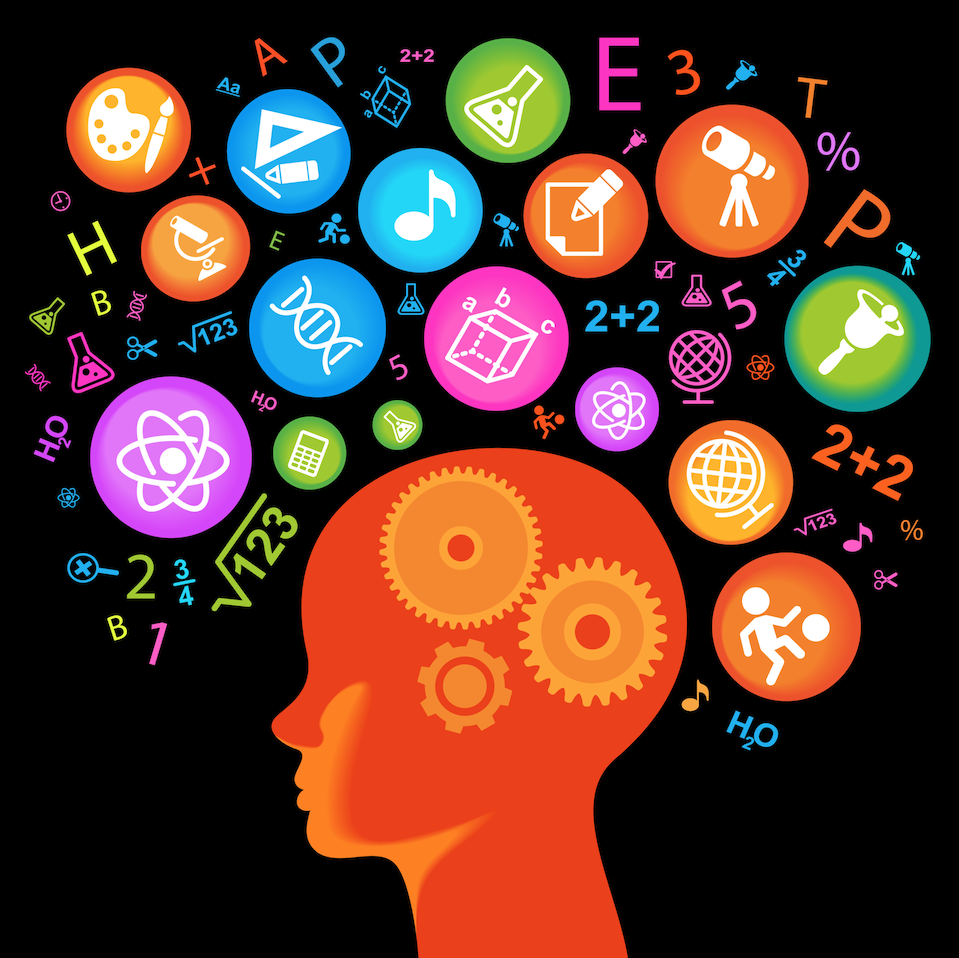As parents, we have a natural inclination to communicate with our children. We talk to them, sing to them, and engage with them from the moment they come into our lives. Little do we know, our words and interactions play a profound role in shaping their brain development. Research has consistently shown that regular and meaningful communication between parents and children has numerous benefits, including cognitive, social, and emotional growth. In this blog post, we will explore the incredible power of parental talk and how it positively impacts the development of our children’s brains.
Language Development and Vocabulary Expansion
One of the most significant benefits of parental talk is its impact on language development and vocabulary expansion. When we engage in conversations with our children, we expose them to a rich linguistic environment. Through these interactions, infants and toddlers learn to recognize sounds, distinguish words, and eventually grasp the rules of grammar.
Studies have demonstrated that children who experience more verbal interactions with their parents tend to have larger vocabularies and stronger language skills later in life. These early language experiences lay the foundation for effective communication, literacy, and academic success. Additionally, engaging in conversations with parents enhances a child’s ability to express themselves, leading to improved self-confidence and social skills.
To enhance language development in children, parents can use different methods, such as using descriptive language, narrating daily activities, reading books together aloud, and engaging in back-and-forth conversations. These expose our children to a wide range of words, help them understand sentence structures, and encouraging them to express their thoughts and feelings effectively.
Cognitive and Intellectual Stimulation
Parental talk also serves as a catalyst for cognitive and intellectual stimulation in children. By engaging in conversations, parents provide their children with valuable information, expose them to new ideas, and broaden their understanding of the world.
Meaningful conversations encourage critical thinking, problem-solving, and decision-making skills. Children learn to analyze information, express their thoughts, and construct coherent arguments. These cognitive abilities pave the way for academic achievement and lifelong learning.
Parents can enhance these cognitive stimulation by asking open-ended questions, encourage the child to explain their reasoning, and engage them in discussions that promote analytical thinking.
Emotional and Social Development
Effective parent-child communication plays a pivotal role in shaping a child’s emotional and social development. Regular conversations provide a safe space for children to express their emotions, fears, and concerns. Through attentive and empathetic responses, parents teach their children emotional regulation, empathy, and establish strong emotional bonds.
Conversations also provide an opportunity for parents to instill important values, empathy, and social skills in their children. By discussing various social situations, ethical dilemmas, and emotions, parents help their children develop a deeper understanding of others and foster pro-social behaviors.
Emotional and social development can be optimized by actively listening to children, validating their feelings, and providing support and guidance during challenging situations. Engaging in conversations that explore emotions, conflict resolution, and empathy helps children develop emotional intelligence, compassion, and strong interpersonal skills.
Enhanced Parent-Child Bonding
Talking to our children fosters a strong and secure parent-child bond. Regular communication builds trust as children feel heard, valued, and understood. It creates a sense of belonging and strengthens the emotional connection between parent and child.
Through conversations, parents can provide guidance, support, and encouragement. They can offer reassurance, share life experiences, and impart wisdom. This constant dialogue establishes a foundation for open communication, ensuring that children feel comfortable seeking guidance from their parents as they grow older.
Parental talk is a powerful tool that positively impacts a child’s brain development in numerous ways. From language acquisition and cognitive stimulation to emotional intelligence and social skills, regular conversations with parents provide a multitude of benefits. By prioritizing communication, we can empower our children to reach their full potential, setting them on a path of lifelong learning, emotional well-being, and strong relationships. Let’s recognize the incredible power of our words and engage in meaningful conversations that nurture the remarkable minds of our children. Together, we can unlock their limitless potential.

